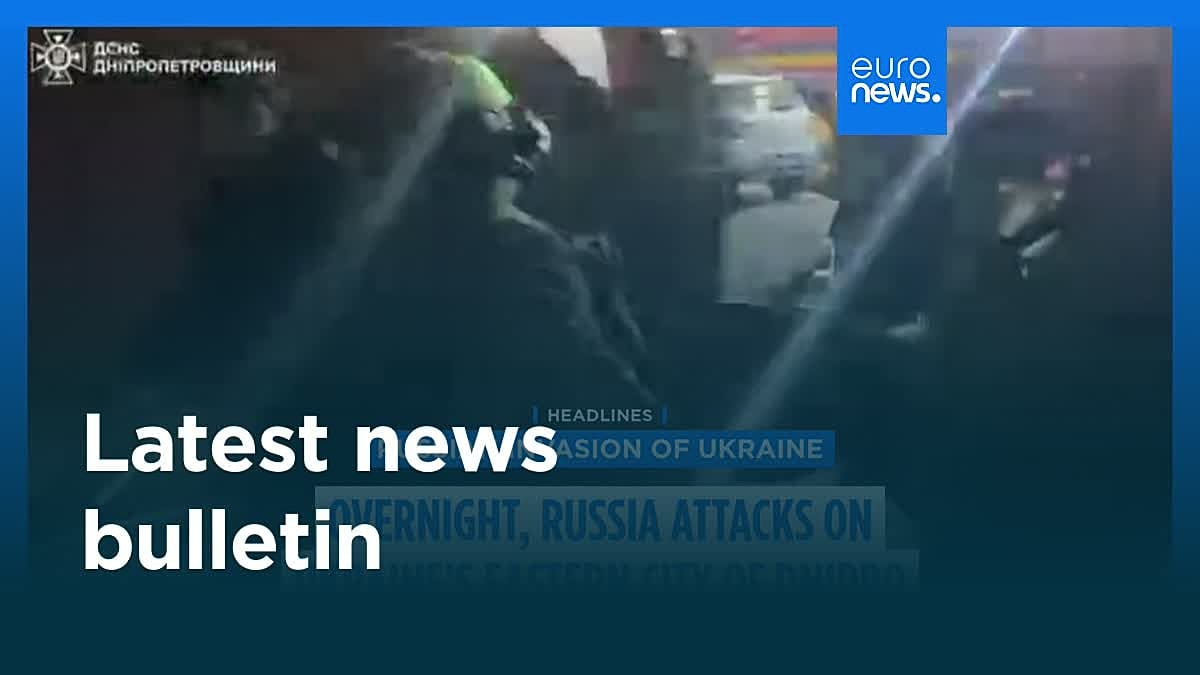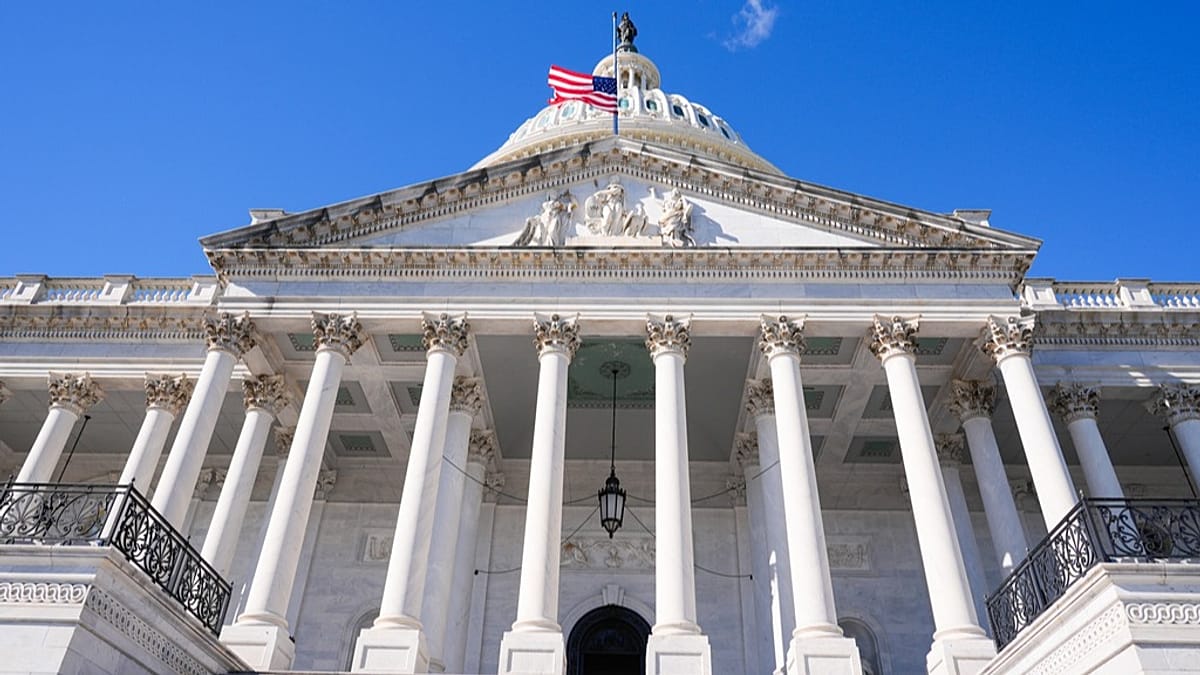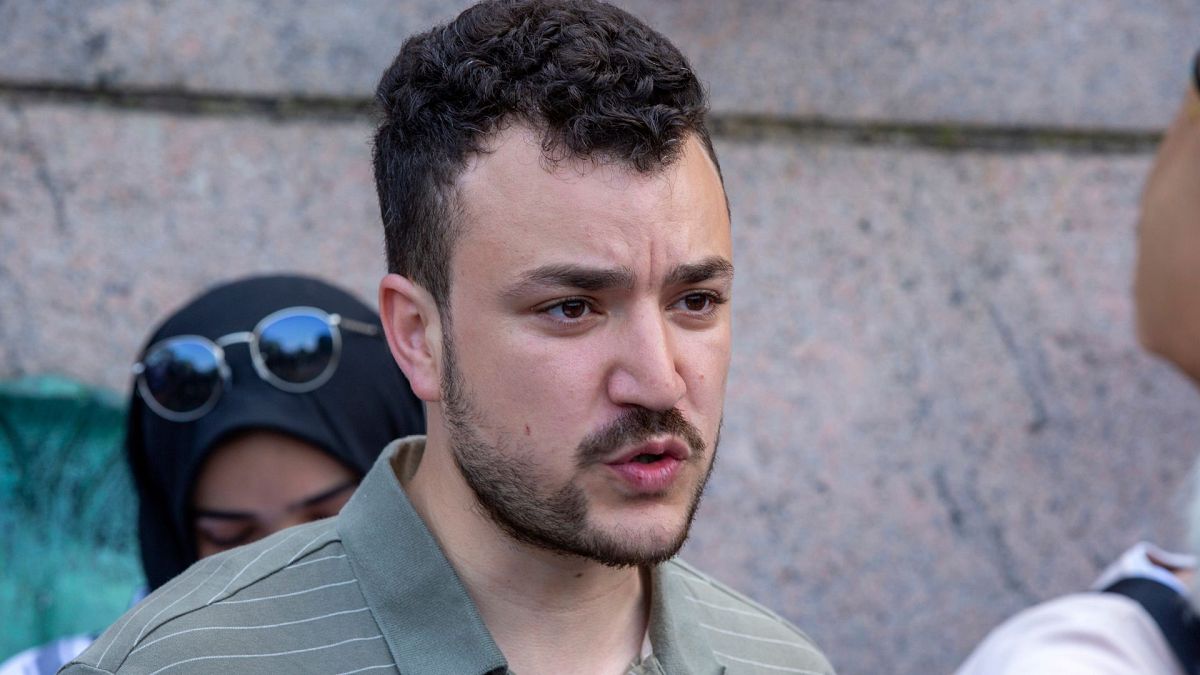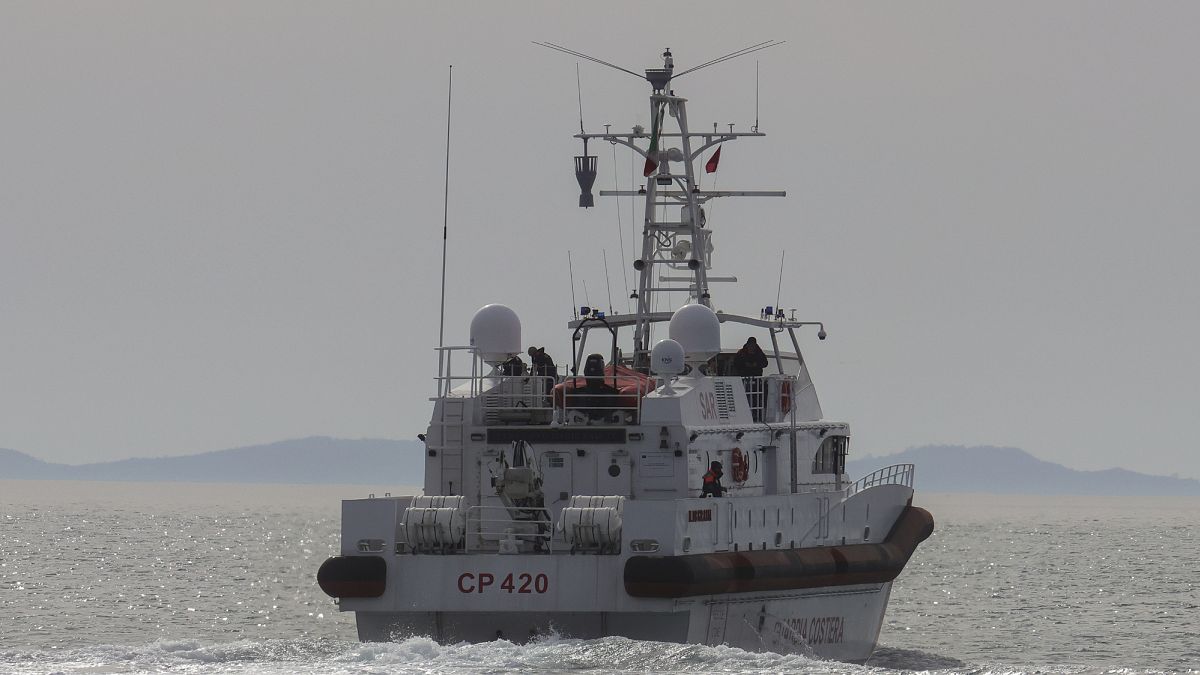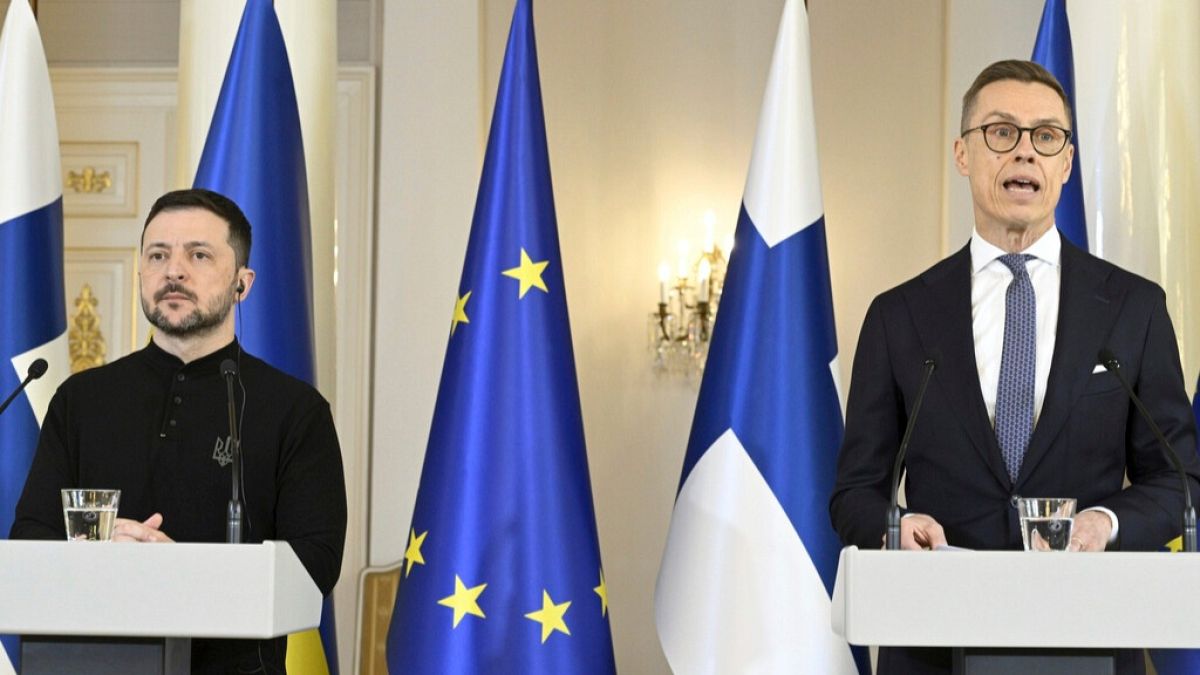Denmark wants reformed cohesion funds and to advance applications to the EU
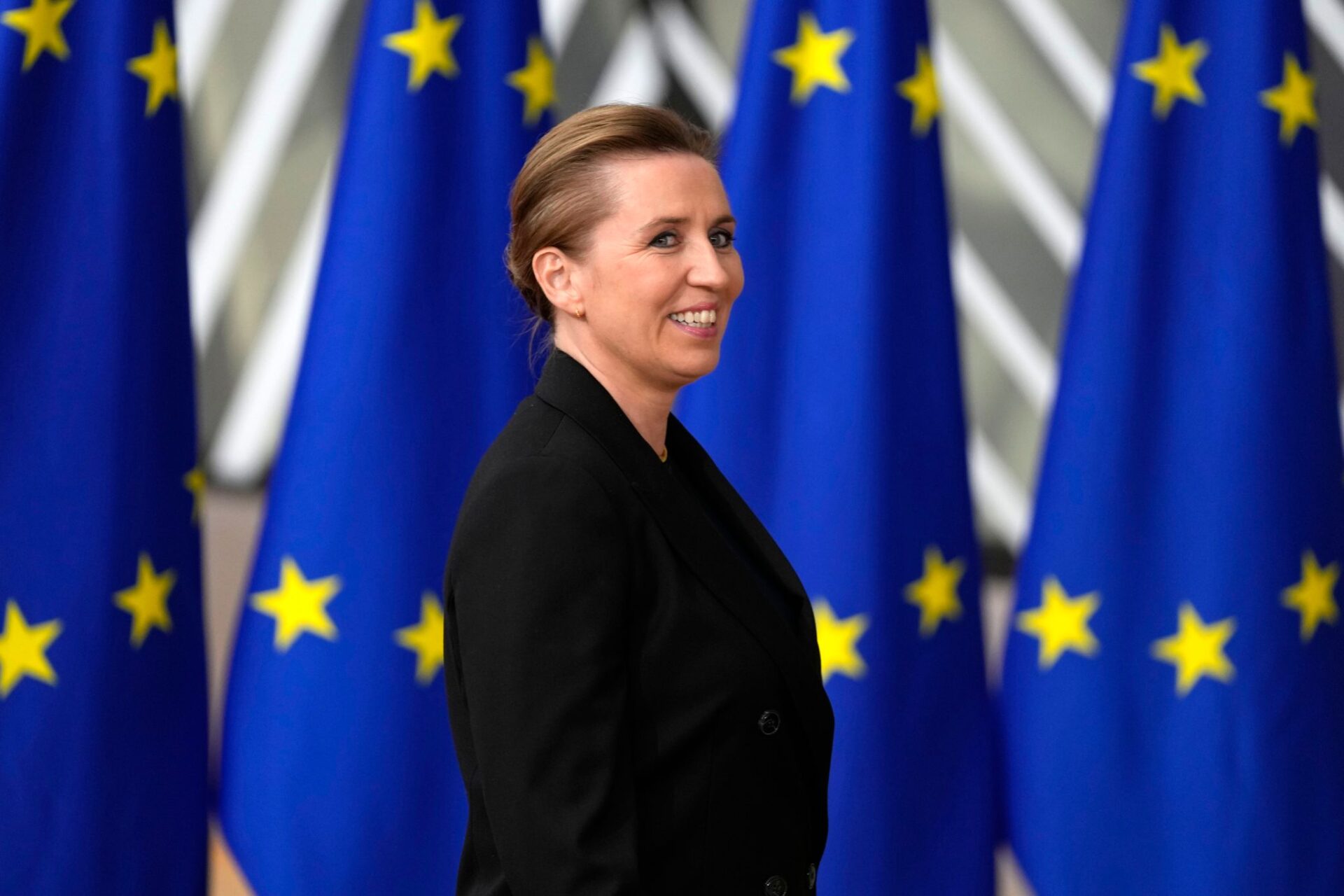
Denmark wants, during its rotating presidency of the Council of the European Union in the second half of this year, discussions to reform the cohesion funds within the framework of the new budget and progress in the enlargement process to Ukraine and Moldova.
“We are not against cohesion funds. […] Cohesion is an important part of social stability, of social cohesion in Europe, but the budget and also the cohesion funds, which account for a third of the budget, need to be reformed, simplified, made more effective, and better respond to the strategic challenges we face,” said Denmark’s Minister for European Affairs, Marie Bjerre.
The official was speaking to the European press, including Lusa, in the Danish city of Aarhus, during the European press trip of the Council of the European Union (EU) presidency held by Denmark from July 1 to December 31 of this year.
The proposal from the European Commission is expected by mid-month, and shortly thereafter, Marie Bjerre anticipates a first discussion among EU countries.
According to the official, Denmark will have “a very ambitious approach to the budget” and is no longer part of the frugal countries of the EU.
“It is not the Danish government’s policy that the budget should be larger or that we should have a common debt, but […] we are not rejecting anything in advance and we will enter this discussion with an open mind,” she assured.
Portugal is against cuts to cohesion funds, which represent 90% of public investment in the country.
After the presentation of the proposal from the community executive – a first part will emerge within two weeks and the other at the beginning of September – it is up to the EU co-legislators (Council and Parliament) to negotiate the next budget for 2028-2035, with the negotiation process expected to be completed in 2026.
The MFF is established for a period of seven years and sets the maximum spending limits for different areas of intervention.
The current long-term EU budget ends on December 31, 2027, after starting in 2021, and has €1.21 trillion in commitments (at 2018 prices), which is the total amount the Union can commit to spend during that period.
The EU budget is financed by its own resources, with about two-thirds of the revenue coming from national contributions, which are based on the gross national income of each country.
Another topic addressed by Marie Bjerre during her meeting with Lusa and other European media in Aarhus was the enlargement of the EU, which occurs when new countries join the community bloc.
Currently, the candidate countries for the EU are Albania, Bosnia and Herzegovina, Georgia, North Macedonia, Moldova, Montenegro, Serbia, Turkey, and Ukraine.
“If we do not move forward with enlargement and also with the necessary internal reforms, we risk losing some of these countries,” warned the Danish Minister for European Affairs, referring to Ukraine and Moldova, countries that are, respectively, at war due to Russia’s invasion or being affected by Russian disinformation.
“We risk losing stability in these countries. It is a matter of security, and we cannot afford that luxury,” she concluded.
*** The Lusa agency traveled at the invitation of the Danish presidency of the EU Council ***




















